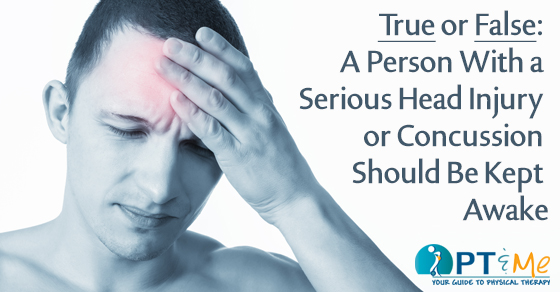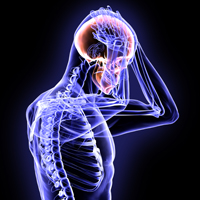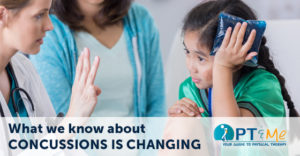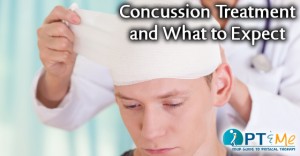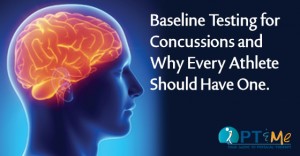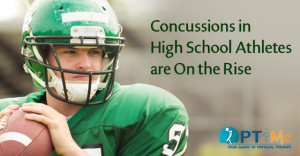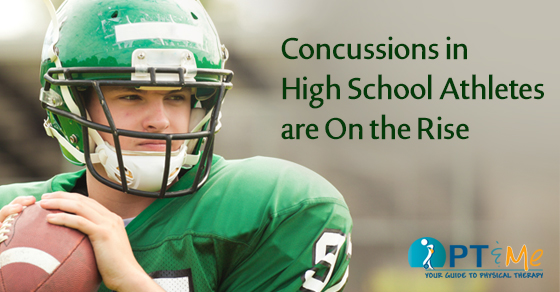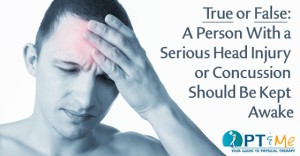All head injuries should be treated seriously. While most won’t cause lasting effects, if improperly treated, they can lead to long-term disabilities or even death.
The most common type of head injury is a concussion. It is a jarring trauma to the brain that can cause a person to lose consciousness or have amnesia.
What do you do if you are around someone who experiences a serious head injury or concussion? You may have heard that you should not let the person go to sleep, but is this true? Most health professionals don’t think so. It is generally considered safe for people with head injuries or concussions to go to sleep. In some cases, a doctor may recommend waking the person regularly to make sure his or her condition has not worsened.
Evidence for the Health Claim
Many people will go to great lengths to keep a person who has had a head injury from falling asleep. They argue that keeping the person awake will decrease the risk that he or she slips into a coma.
This misunderstanding probably stems from hearing about a rare occurrence known as a lucid interval that has been associated with certain types of severe head injuries. A lucid interval occurs when the initial bleeding in the brain does not cause loss of consciousness. The bleeding eventually worsens and brain structures become compressed. The person’s condition can rapidly deteriorate, requiring emergency brain surgery.
Evidence Against the Health Claim
Most medical professionals say it is fine—sometimes even advised—to let people sleep after incurring a head injury.
The American Academy of Family Physicians states it is not necessary to keep a person awake after a head injury. If a person needs to be watched that closely, a doctor will most likely admit him or her to the hospital. The Dartmouth College of Sports Medicine advises that it is fine to go to sleep after a concussion so long as someone wakes you up every two hours. They are to check to make sure you can be easily awakened and aren’t displaying symptoms of a worsening condition.
In a study in the September-October 2005 issue of the Journal of Head Trauma Rehabilitation, researchers reported greater levels of fatigue in people who have had head injuries, compared with those who have not. The researchers concluded that regular rest breaks and increasing intervals of restful sleep should be a part of the rehabilitation from head injury.
Conclusion
If you are around someone who has a head injury or possible concussion, monitor the symptoms closely. It is important to call a doctor or go to a hospital immediately if the person has worrisome symptoms such as:
• Open wound in the scalp or misshapen deformity of the skull
• Severe or progressive worsening headache
• Changes in behavior (eg, confusion, restlessness, irritability, lethargy)
• Dilated pupils or pupils of different sizes
• Convulsions or seizures
• Difficulty waking from sleep
• Trouble walking or speaking
• Bleeding or drainage of fluids from nose or ears
• Unusual sleepiness or decreasing alertness
• Severe or persistent nausea, or vomiting more than twice
• Weakness or numbness in the arms or legs
When a head injury is serious enough to require medical care, a doctor will give you instructions on how to monitor and treat the injury once the person is released from the hospital or clinic. These instructions will generally not include keeping the person awake and alert.
More PTandMe articles about concussions can be found here:
REFERENCES:
Head injuries. KidsHealth.org website. Available at: http://www.kidshealth.org/parent/firstaid_safe/emergencies/head_injury.html. Accessed November 5, 2008.
Head injuries: what to watch for afterward. Familydoctor.org website. Available at: http://familydoctor.org/084.xml. November 5, 2008.
Head injury: concussion. Dartmouth College of Sports Medicine website. Available at: http://www.dartmouth.edu/~sportmed/concussion.html. November 5, 2008.
Radiology for traumatic brain injury. Trauma.org website. Available at:http://www.trauma.org/neuro/neuroradiology.html. Accessed July 23, 2006.
Subjective reports of fatigue during early recovery from traumatic brain injury. Journal of Head Trauma Rehabilitation. 2005;20:416-425.
EBSCO Information Services is fully accredited by URAC. URAC is an independent, nonprofit health care accrediting organization dedicated to promoting health care quality through accreditation, certification and commendation.

